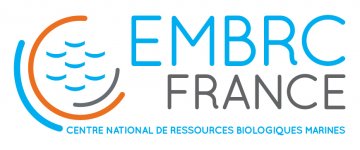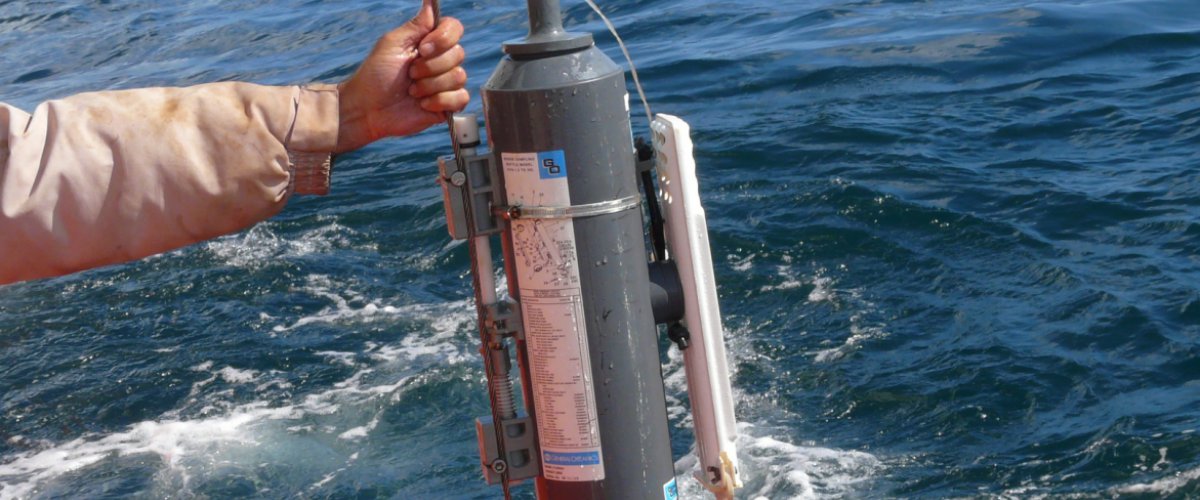CHANNEL 2013-2015
Dynamics of air-sea CO2 fluxes in the NW European shelf seas based on novel sensors, time-series, Voluntary Observing Ships, and remote sensing approaches.
Lead : Yann Bozec, CNRS, ROSCOFF Marine Chemistry Research Group
The main goal of CHANNEL is to combine a comprehensive field observation network with a remote sensing approach in the various provinces of the NW European shelf seas to assess the air-sea CO2 fluxes variability and the main processes driving these fluxes. On the long-term, CHANNEL allows to evaluate the feedbacks of ocean acidification, eutrophication and NAO (North Atlantic Oscillation) in the Western English Channel coastal systems. Our study is integrated in an international effort initiated by the PMEL Carbon program at a recent workshop held in Seattle (NASA/IOCCP) and provides a basement for a more extensive deployment of this strategy in various coastal ecosystems.
CHANNEL relies on three work packages (WP):
- WP1: Assessing the small-scale processes driving the pCO2 variability in the WEC based on high frequency measurements.
- WP2: Developing Multivariable Linear Regression (MLR) from in-situ and remote sensing measurements to evaluate air-sea CO2 fluxes on the NW European shelf.
- WP3: Evaluating the impact of natural (NEP, NAO) vs anthropogenic (SST warming, eutrophication, OA) processes on the inter-annual variability of air-sea CO2 fluxes and carbonate chemistry on the NW European shelf.
All these research tasks correspond to primary topics of international research programs such as IMBER, SOLAS and LOICZ as well as of the national program LEFE/CYBER.
CHANNEL creates a unique, systematic knowledge of seasonal sinks and sources of CO2 in NW European shelf seas and of the physical and biogeochemical processes driving these.
The 7 scientific deliverables mirror the CHANNEL objectives of each WP:
1) The validation of novel pCO2 sensors for deployment on moorings and VOS lines.
2) A robust estimate of air-sea CO2 fluxes from daily to inter-annual scale in the WEC.
3) The validation of novel approach by remote sensing to estimate air-sea CO2 fluxes.
4) A first estimate of air-sea CO2 fluxes in the Celtic and Irish Seas based on MLRs.
5) An assessment of the natural processes driving the air-sea CO2 fluxes in the WEC.
6) On the long-term, the determination of the impact of Ocean Acidification and
eutrophication on the carbonate system of the NW European shelf seas.
7) The integration of a young team to an international and coordinated network
(IOOCP/NASA) for a global assessment of air-sea CO2 fluxes and OA in the ocean.








